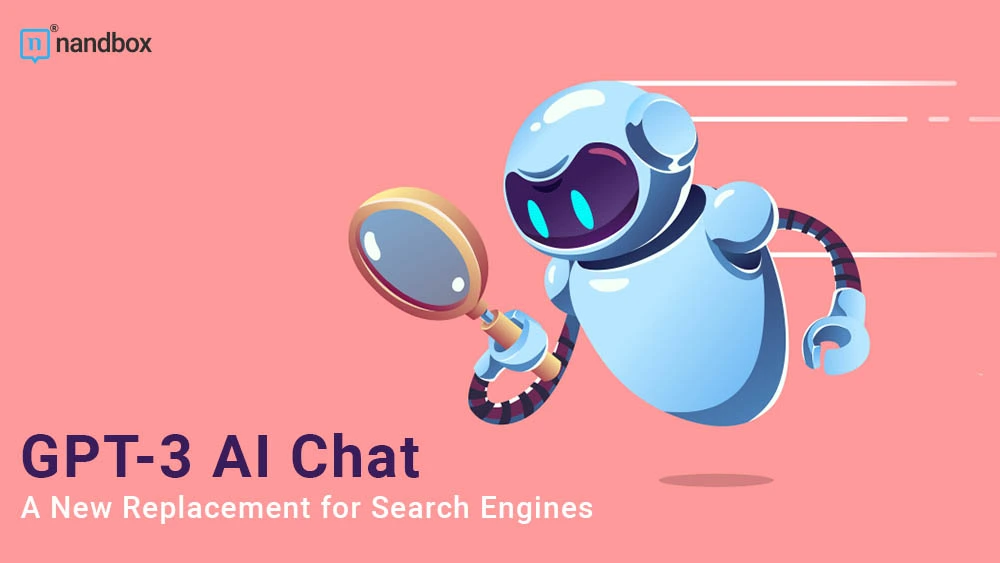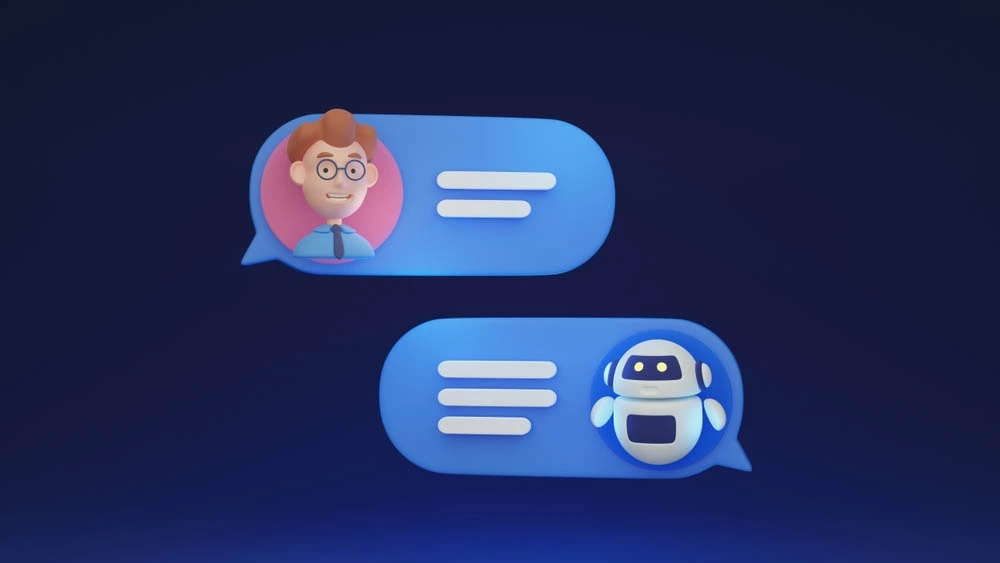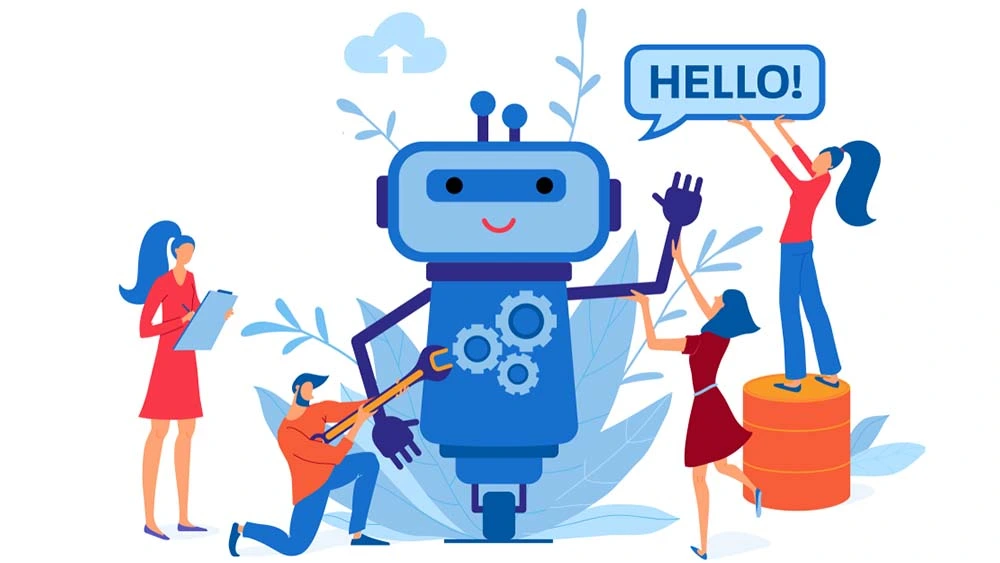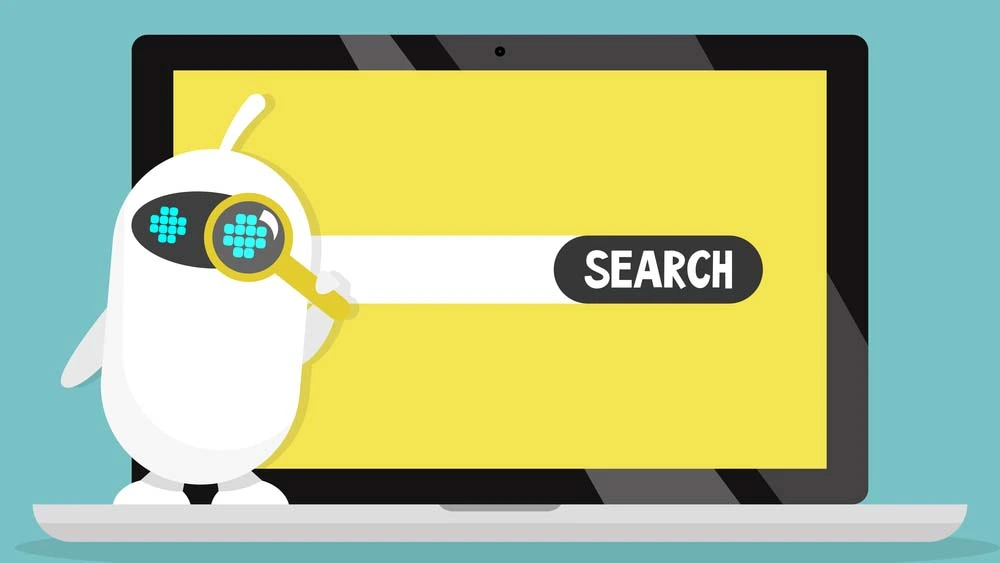A new technological revolution is shaking the world nowadays. It is causing people to raise their hands with an unlimited capacity of questions. GPT-3 AI Chat, aka ChatGPT, is an OpenAI-developed natural-language chatbot. It is very good at having conversations and answering questions in a way that sometimes seems surprisingly human. I know what you’re thinking; it is indeed scary. We’re not suggesting that it will end the human element through its intelligence. People are simply asking how far it can go.
Since the launch of ChatGPT, a certain point has been of concern for some people. Will it be an alternative to search engines? So far, ChatGPT can answer questions in a non-robotic way and can even admit a mistake. Are we waving goodbye to Google and other search engines? Can we verbally ask anything to that bot and get an answer that makes us give up surfing the internet for answers? This is what we’ll be discussing in this article.
What is the Gpt-3 AI Chat Bot
GPT-3 AI Chat is a natural language processing technology that enables users to find the information they are looking for by asking questions in a conversational fashion. It uses an algorithm based on machine learning and natural language processing to generate responses that are more accurate than those of traditional search engines. It works by understanding your intent and returning results based on it, making it much faster and more intuitive than regular search engines.
How Does the Gpt-3 AI Chat Bot Work
GPT-3 AI Chat works by analyzing the words that you type in, understanding their intent, and returning relevant results. It is able to comprehend a variety of concepts, such as cause-and-effect relationships and user preferences. It can also detect query context and communicate through natural language, meaning it understands the flow of conversational topics. This helps it understand complex questions and offer more personalized results than traditional search engines.
From learning statistical patterns, facts, sample dialogues, and annotated sentences to having humor and emotions with every word, the GPT-3 AI chatbot is perfect for some; they feel it is the new thing in town to facilitate their lives even more. Others see this as a threat, from increasing unemployment rates to AI world dominance (thank Hollywood for that). The human perspective of something will definitely differ from one person to another. But facts are facts, so will the GPT-3 AI chatbot eventually replace search engines?
Can the Gpt-3 AI Chat Bot Erase or Replace Search Engines
This is a question that is being debated by millions right now. It’s all about what kind of information we’re talking about. Let’s check some facts and basics about where the Gpt-3 AI Chat Bot gets its information from. Let’s make a little comparison between the GPT-3 AI chatbot and any regular search engine. The bot works by collecting data from normal human beings like you and me. Yes, it can give you information. However, these bots or the majority of them, are not designed for “truth”; they are unable to determine whether what they are saying is accurate. The model “strategizes to be believable instead of true,” as one expert put it. Additionally, neither do search engines claim to understand what they serve up. Their task is to scan the internet and select the search results that seem to be the most relevant to you using a specific algorithm.
At least, that was the case with any pure search engine before the evolution of search engine optimization (SEO). Now links can be manipulated to appear first when you type your search. Most businesses use SEO by sponsoring their links and promoting themselves through ads, and paid links. Although the GPT-3 AI Chat Bot can theoretically be used for search, that is not how this particular version has been created. For starters, it is unable to search the internet for the information you need and tell you where it came from because it does not crawl the internet using a search algorithm.
As a matter of fact, OpenAI stated that its knowledge base would stop in 2021, meaning that if you asked the bot about everyone’s beloved late actor Robbie Coltrane (aka Hagrid in the Harry Potter movie franchise), it would tell you that he’s pretty much still alive.
Will There Be Models That Act Like a Search Engine
The direct answer is a potential “yes.” OpenAI’s co-founder John Schulman, announced that they are currently developing an upgrade to the bot that is called “WebGPT.” He stated that It could be out in a few of the upcoming months. That doesn’t mean it will be replacing Google anytime soon because Google is also working on Google Brain, a world-class AI team, not to mention that Google also owns DeepMind, which is widely regarded as the best deep-learning engine available. Google released LaMDA last year, which can do the same thing as ChatGPT: chat with users and discuss any topic known to us. It was so lifelike, in fact, that one of the Google engineers, Blake Lemoine, claimed that it could perceive emotions. Google has also stated that LaMDA will be integrated into its search, voice assistant, Gmail, Docs, and Drive services.
Potential Uses for the Gpt-3 AI Chat Bot in the Future
GPT-3 AI Chat has a wide range of potential uses in the future as the technology continues to evolve. Some of these include augmented customer service, personalized content recommendation, automated knowledge base creation, and support for natural language understanding tasks in a variety of areas such as finance, law, health, and more. Additionally, GPT-3 AI Chat could be used to power intelligent digital assistant services that are able to understand user intent accurately and efficiently.
In Conclusion
Whether ChatGPT replaces Google or not, in my opinion, it will do a few positive things: it will enhance our search experience, give Google and other powerful search engines a rival so that it begins to innovate, and hopefully replace Google’s advertiser-driven user interface with a user-driven one.






